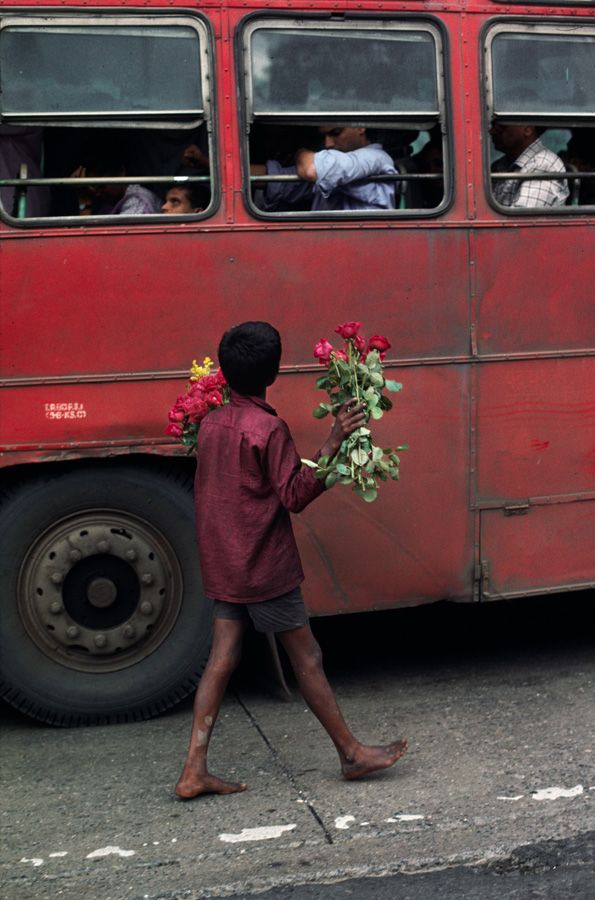The Question
From a human rights perspective, individuals generally have the right to make decisions about their own reproductive choices, including the decision to have children. This right is recognized by international human rights documents such as the Universal Declaration of Human Rights, which upholds the right to marry and found a family without arbitrary interference.
However, there are also ethical aspects to consider. Some say that people who live in poverty or are refugees may encounter difficulties in meeting their children’s basic requirements, such as access to appropriate food, shelter, education, and healthcare. Bringing children into such challenging circumstances may raise ethical concerns about their well-being and quality of life.
But at this point, we should ask ourselves
“Are we supposed to, direct our anger at parents Or to the reasons of poverty?”
When considering the question of whether individuals in poverty or refugees have a right to have children, it’s important to recognize that reproductive rights are generally considered fundamental human right, as recognized by international human rights documents such as the Universal Declaration of Human Rights. This means that individuals, regardless of their socioeconomic status or refugee status, have the right to make decisions about their own reproductive choices, including the decision to have children.
It’s also important to recognize that poverty and being a refugee are often systemic issues that are influenced by various factors, such as economic, social, political, and environmental factors, and are often beyond the control of individuals. Directing anger solely at parents may not necessarily address the root causes of poverty or refugee situations.
It is also important to recognize that the reasons for poverty and large family sizes among poor and working-class people are often complex and interconnected.
The reasons for poverty and large family sizes are:
- Limited access to sexual education and reproductive services.
- High rates of child mortality can all contribute to decisions regarding family size.
- Children will be in the future as workers and supporters to their family.
Instead of directing anger solely at parents, it may be more constructive to address the underlying reasons for poverty, and refugees and work towards systemic solutions that address the root causes of these issues. This could involve advocating for policies and programs that address poverty, inequality, discrimination, and displacement, and promote social justice, economic empowerment, and access to education, healthcare, and social support. It’s important to approach these issues with empathy, understanding, and a holistic perspective, recognizing that individuals in poverty or refugees may face complex challenges and may not have full control over their circumstances.















